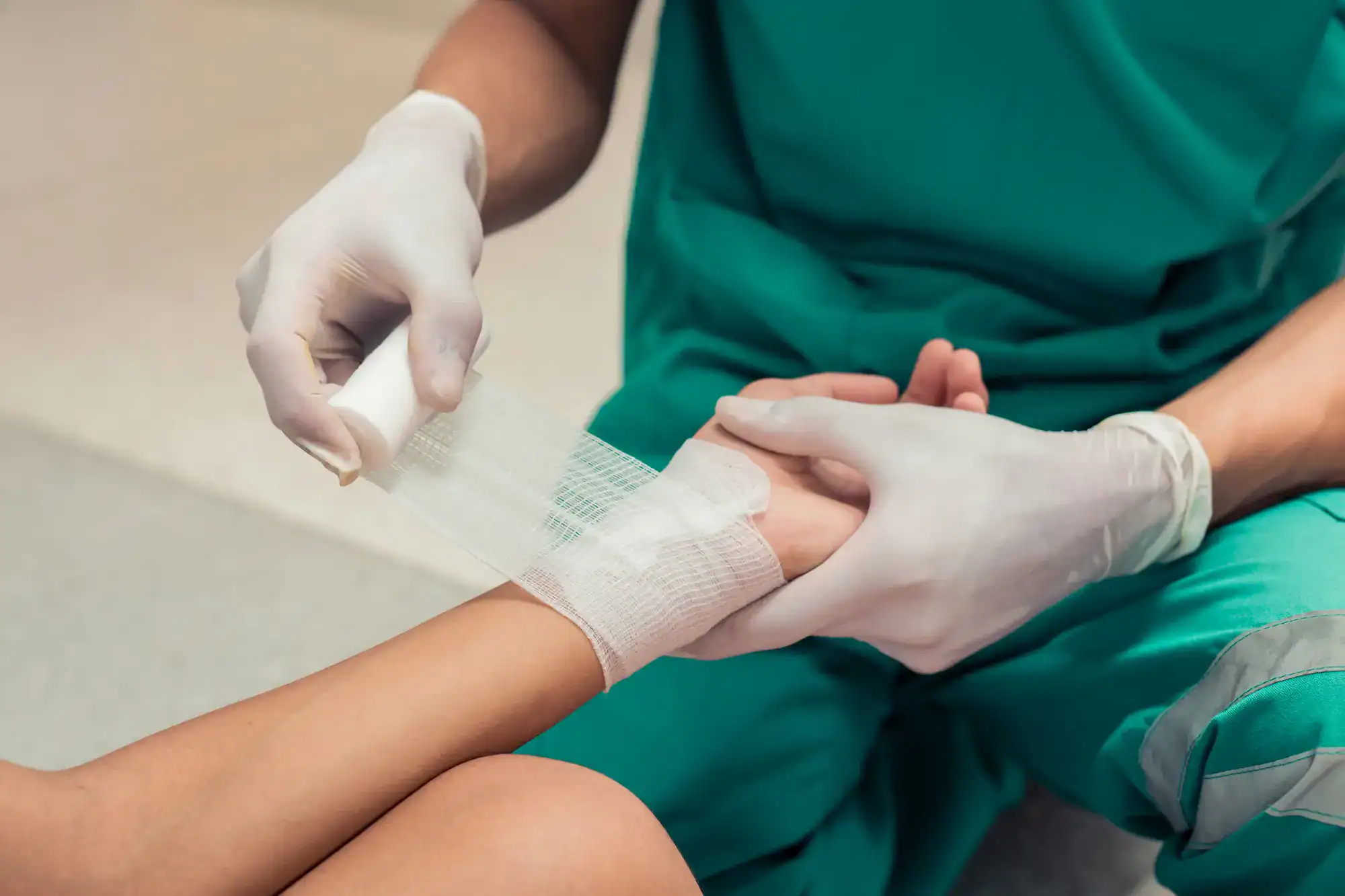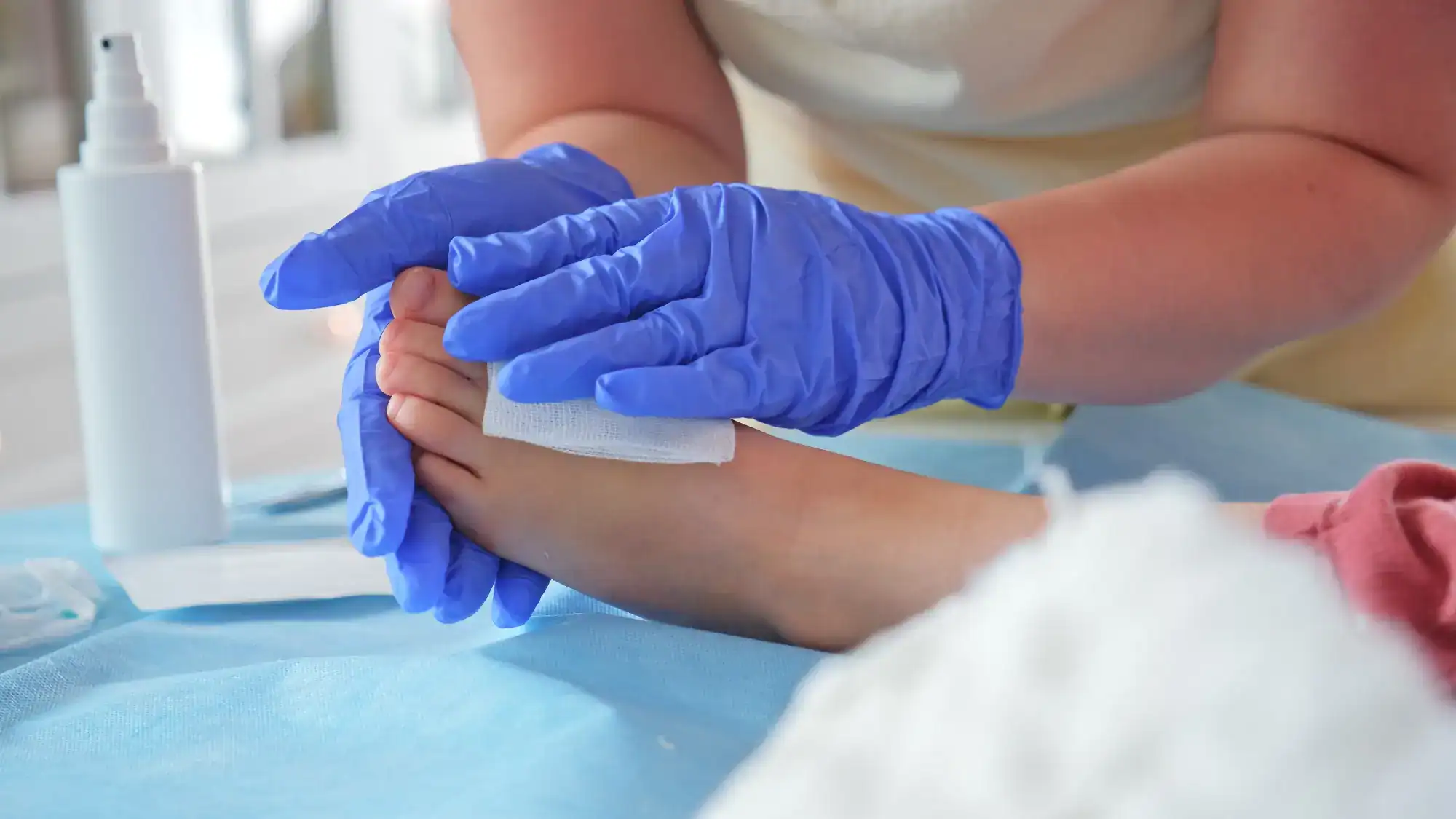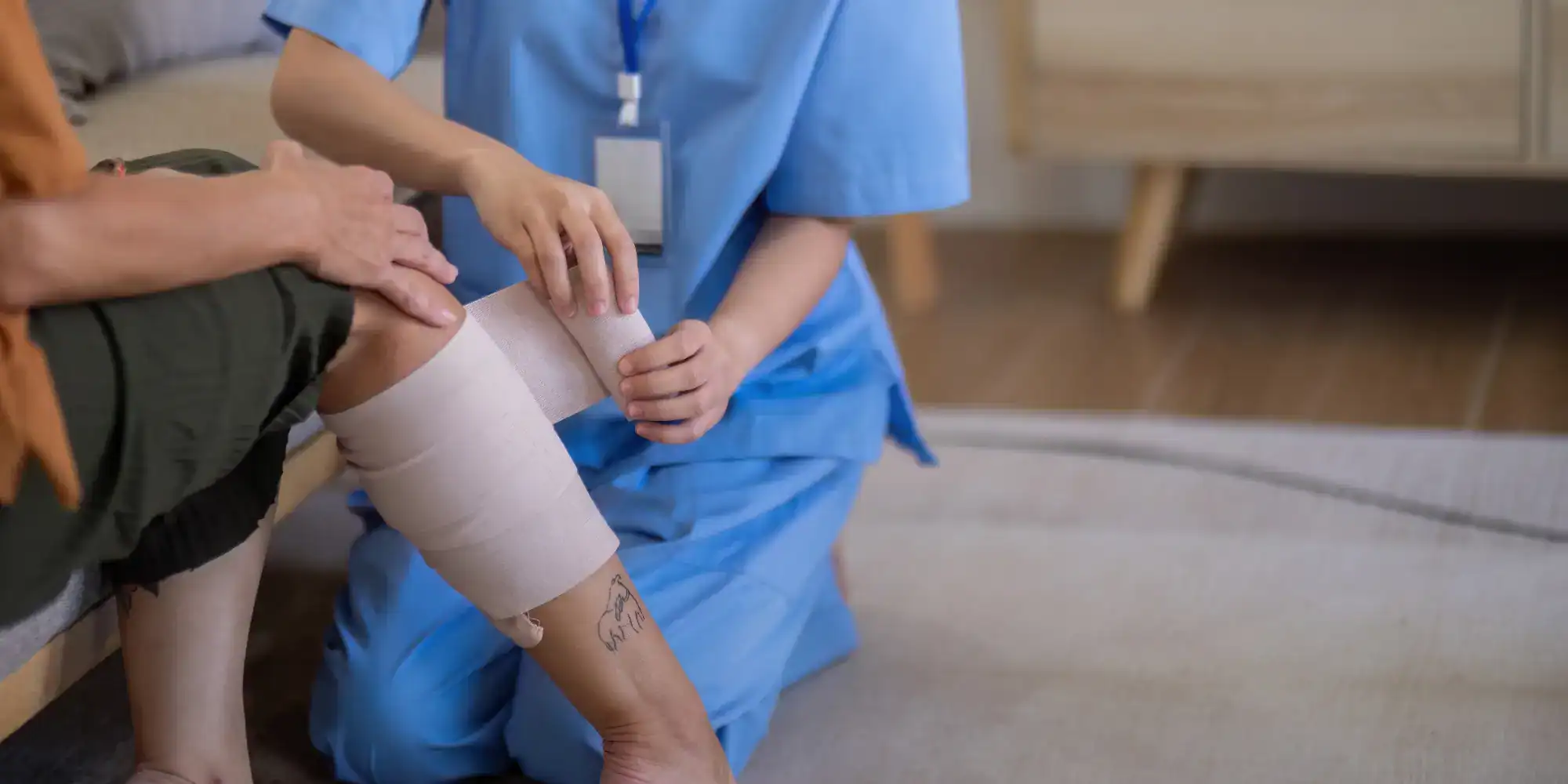Advanced wound care that gets you back to living without constant worry about infection or complications.

See What Our Customers Think

You stop worrying about whether that wound will ever close. The constant pain that keeps you up at night starts fading as your body finally gets the specialized care it needs to heal properly.
Your daily routine isn’t built around wound care anymore. No more changing dressings multiple times a day or wondering if you’re doing it right. The fear of infection or amputation that’s been eating at you gets replaced with confidence as you see real progress week after week.
This is what happens when wounds get the advanced treatment they need instead of the basic care that’s been failing you. Your body knows how to heal – it just needs the right environment and expertise to do its job.
We focus exclusively on wound healing in Helen, FL. While other practices treat wounds as a side service, we’ve built our entire approach around getting chronic wounds to close properly.
We understand the difference between a wound that needs basic care and one that requires advanced intervention. We’ve seen what happens when diabetic wounds, pressure ulcers, and venous insufficiency get treated with generic approaches – they don’t heal.
That’s why we use evidence-based protocols specifically designed for each type of wound. Your treatment plan isn’t guesswork – it’s based on what actually works for wounds like yours.

Your first visit starts with a complete wound assessment. We examine the wound bed, measure dimensions, check circulation, and identify any factors that have been preventing healing. This isn’t a quick look – it’s a thorough evaluation that tells us exactly what we’re dealing with.
Based on that assessment, we create a treatment protocol specific to your wound type. Diabetic wounds get different care than pressure ulcers or surgical sites that won’t close. We use advanced dressings, debridement when needed, and therapies that create the optimal healing environment.
You’ll come in for regular monitoring visits where we track progress, adjust treatments, and address any complications before they become serious problems. Most patients start seeing improvement within the first few weeks, with complete healing timelines depending on wound severity and your overall health.

Ready to get started?
Every wound care plan includes comprehensive assessment, advanced wound dressings, and ongoing monitoring until complete healing. We handle the insurance paperwork and coordinate with your other doctors so you’re not managing multiple treatment plans alone.
For diabetic patients in Helen, FL, we provide specialized foot care and education on preventing future wounds. Circulation issues get addressed through proper positioning and compression therapy when appropriate. Infected wounds receive immediate intervention to prevent spreading.
You get direct access to our wound care team between visits if problems arise. No waiting weeks for an appointment when you notice changes that concern you. This level of monitoring is what separates advanced wound care from basic treatment – we catch problems early instead of waiting for them to get worse.
